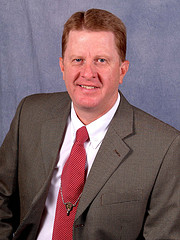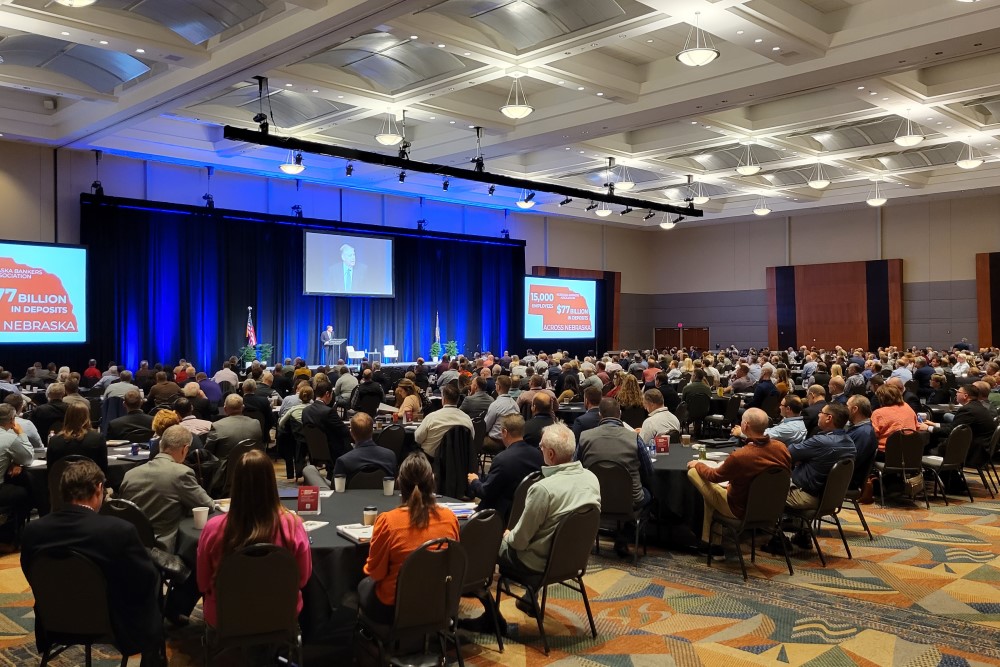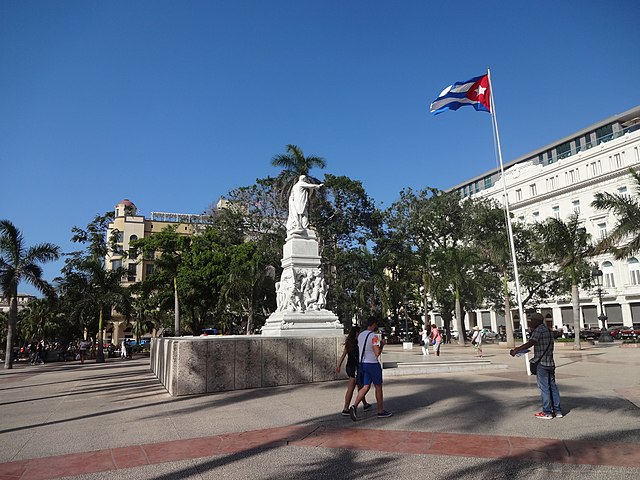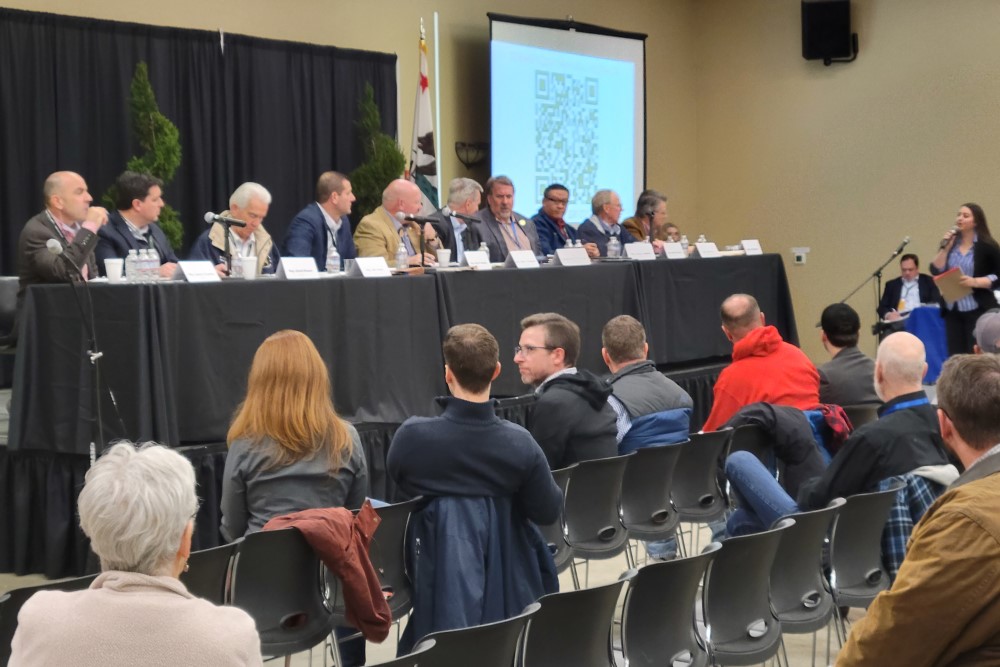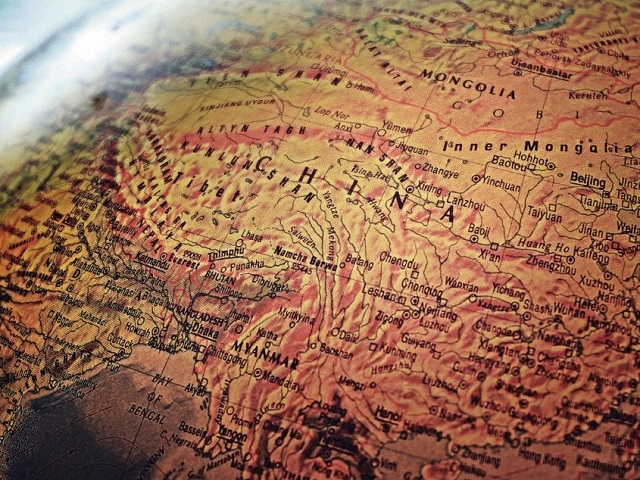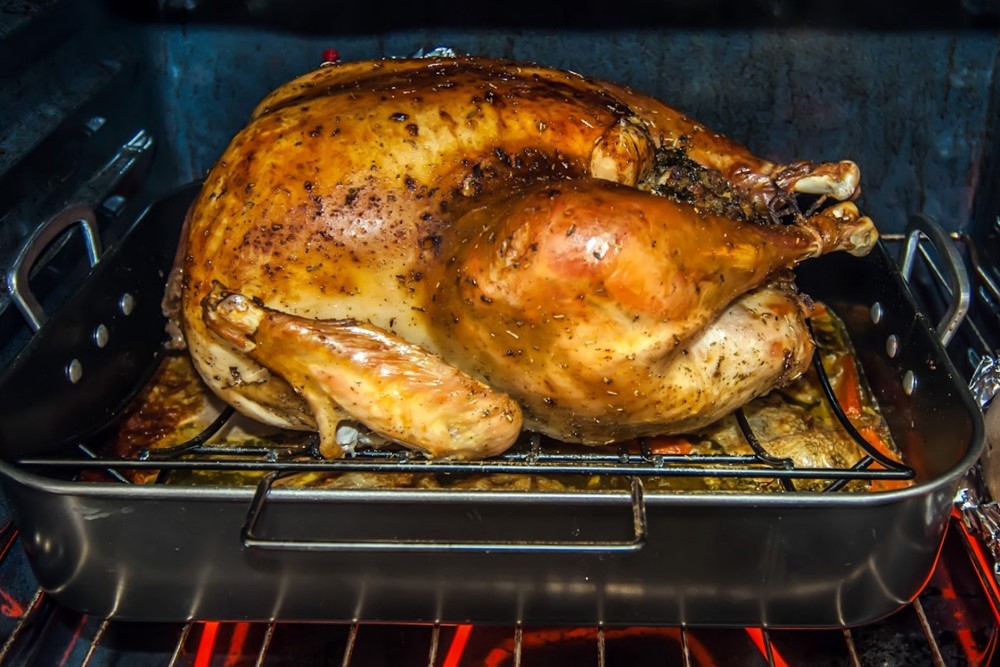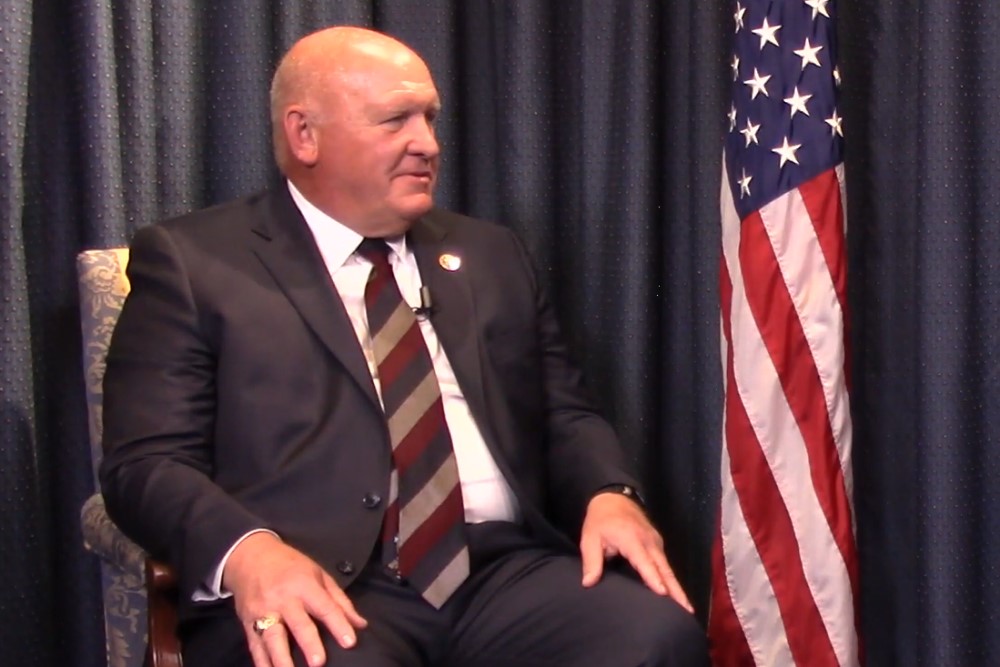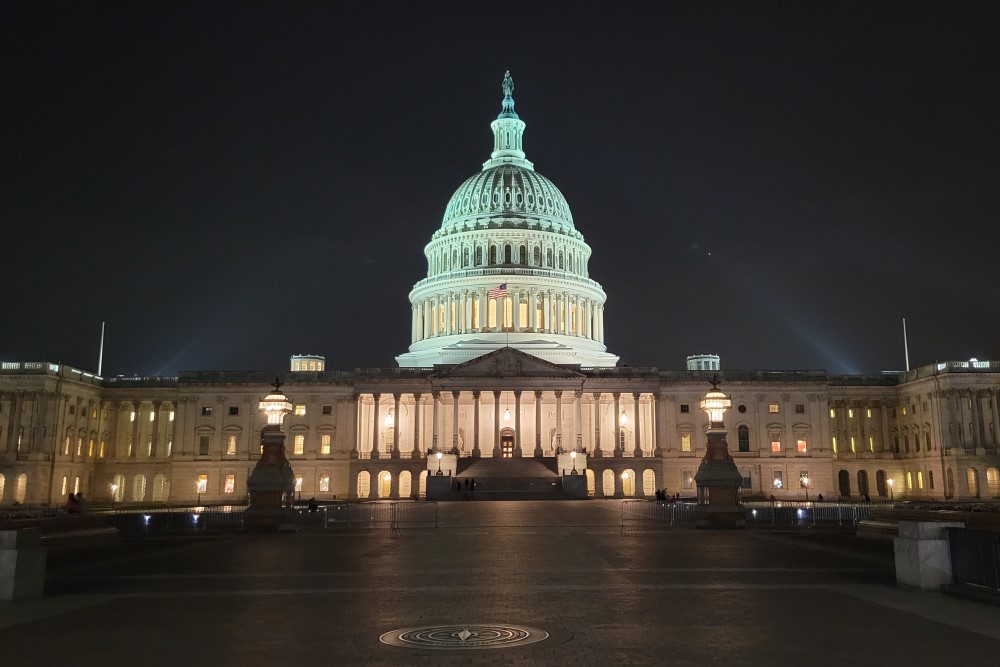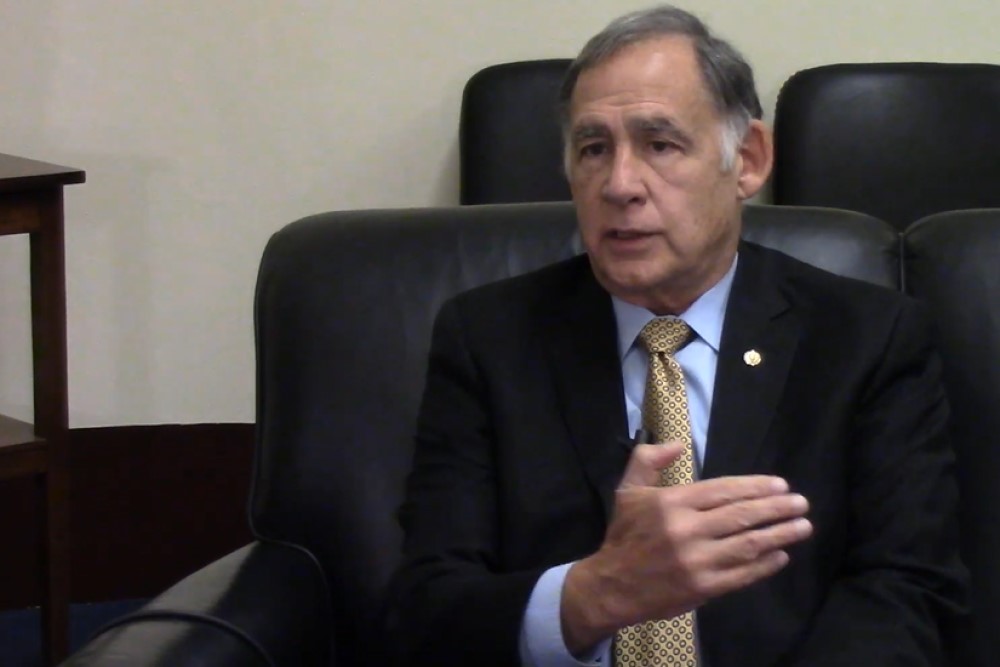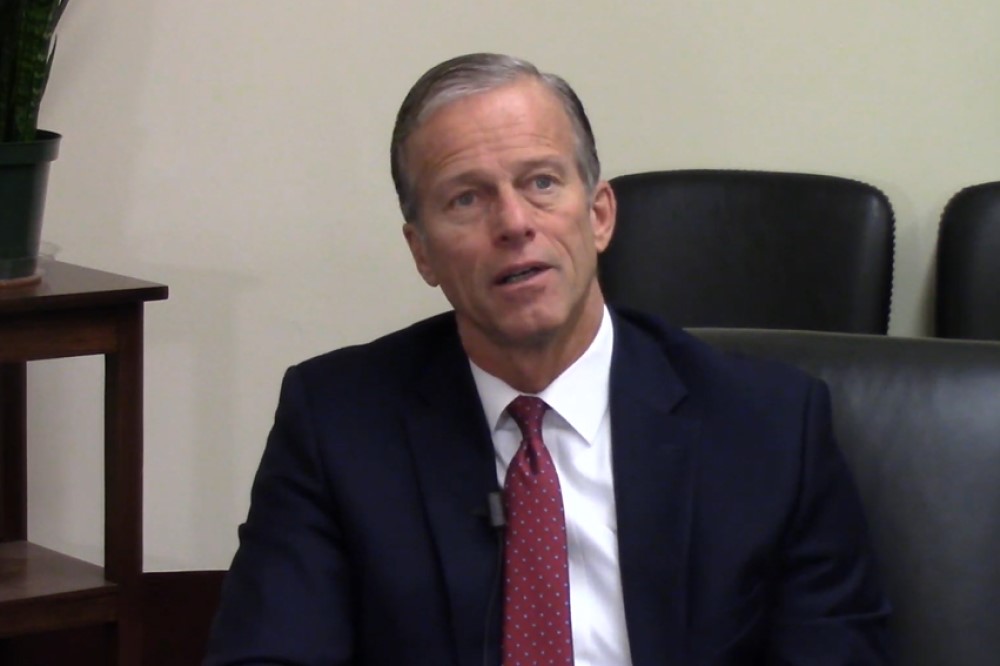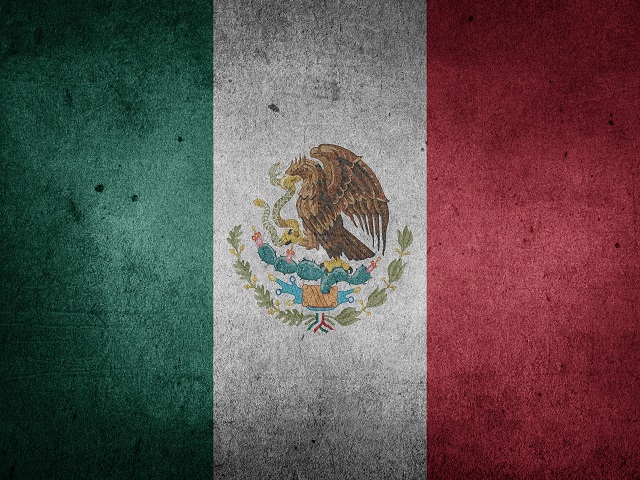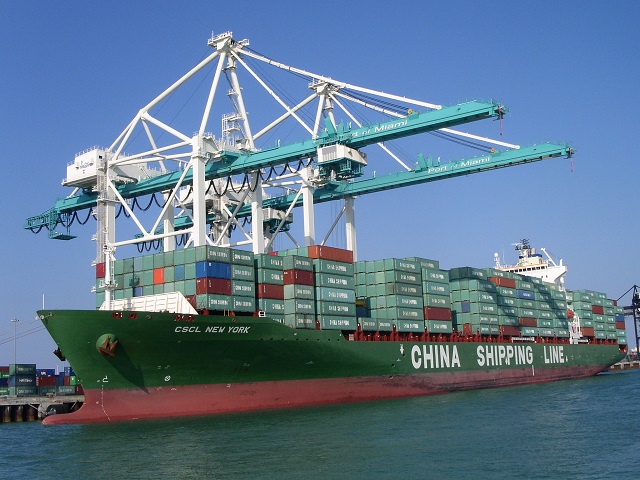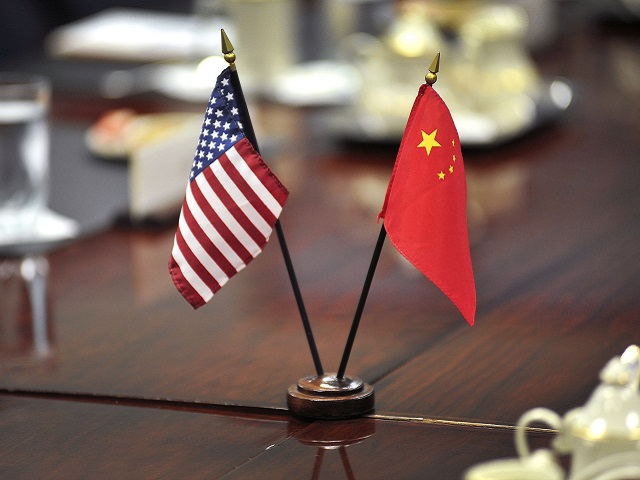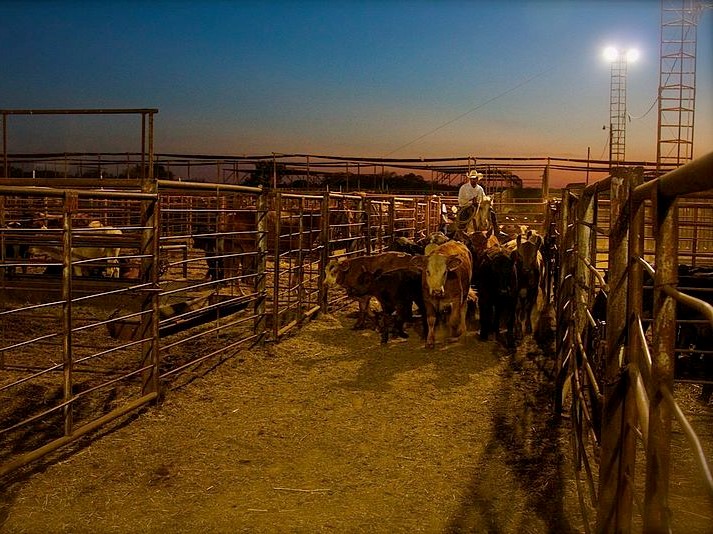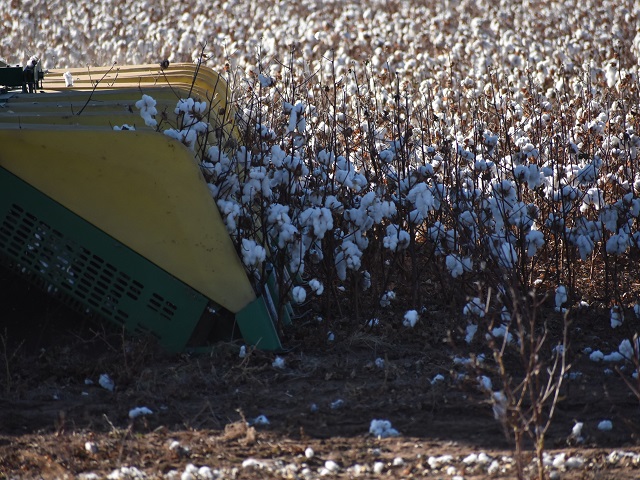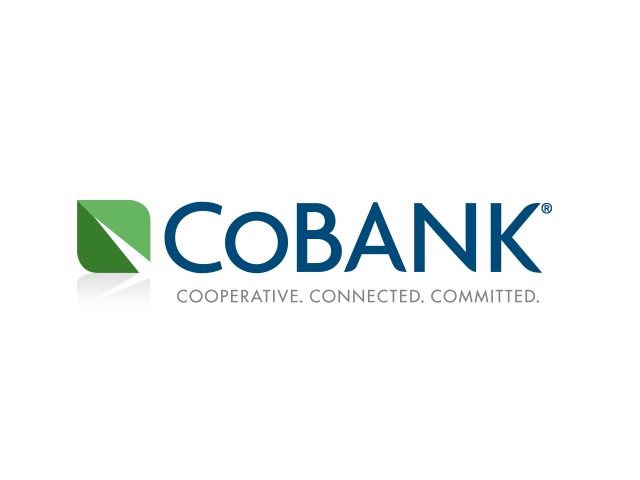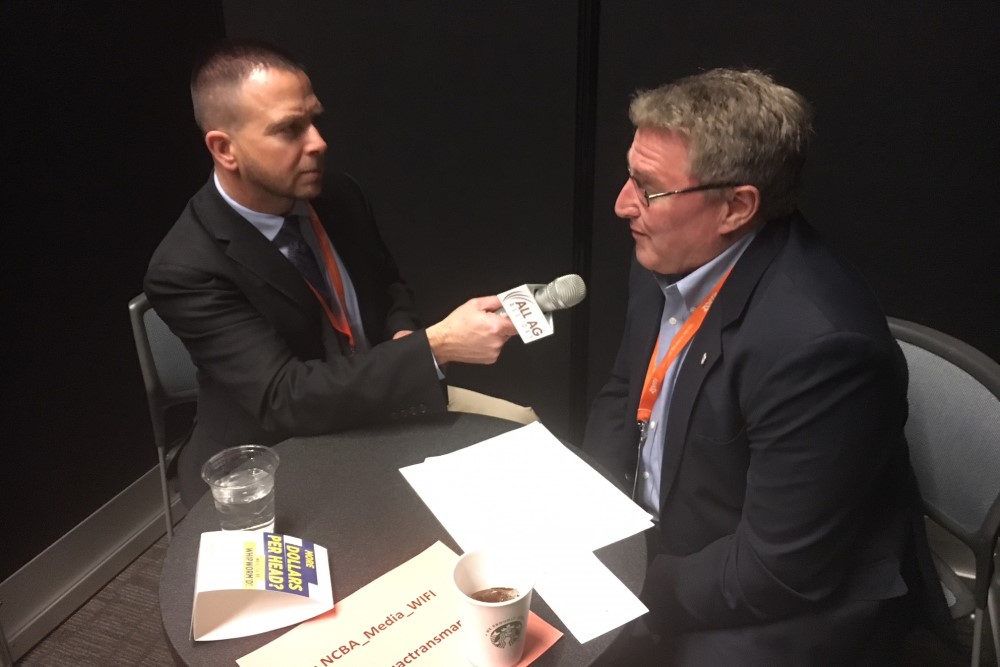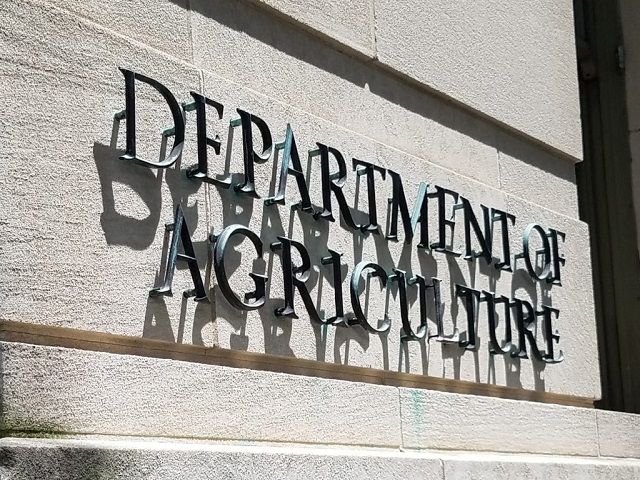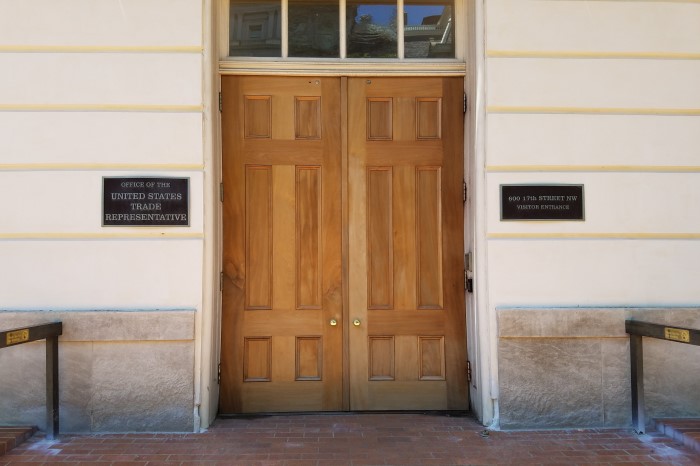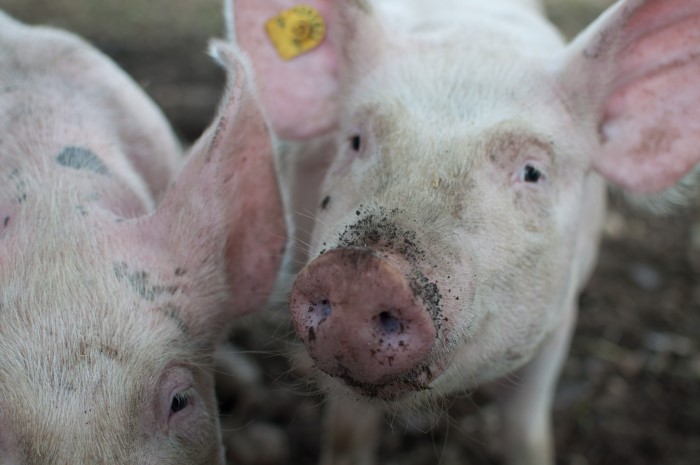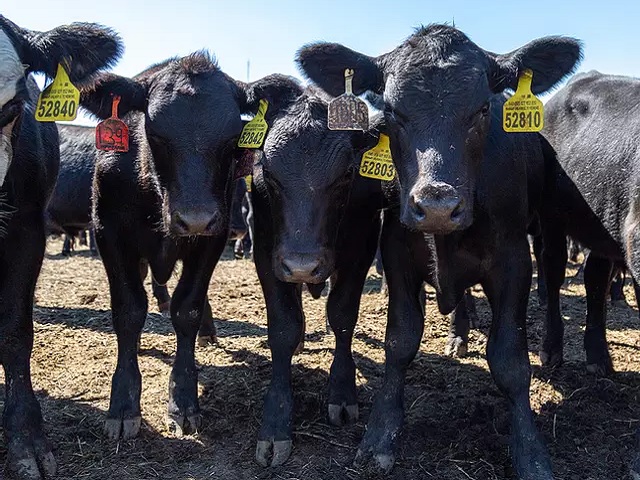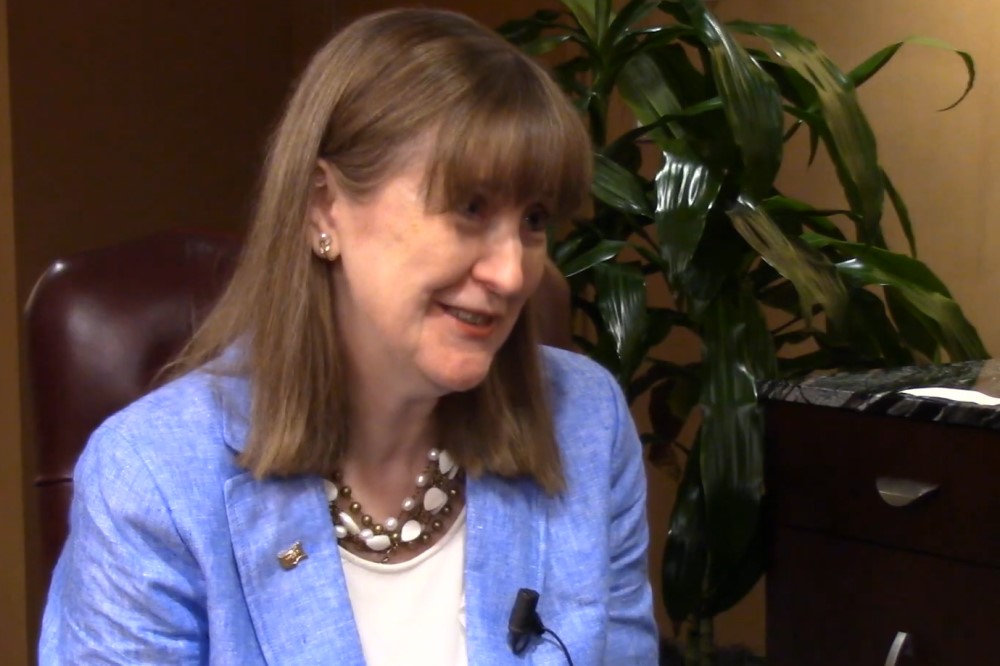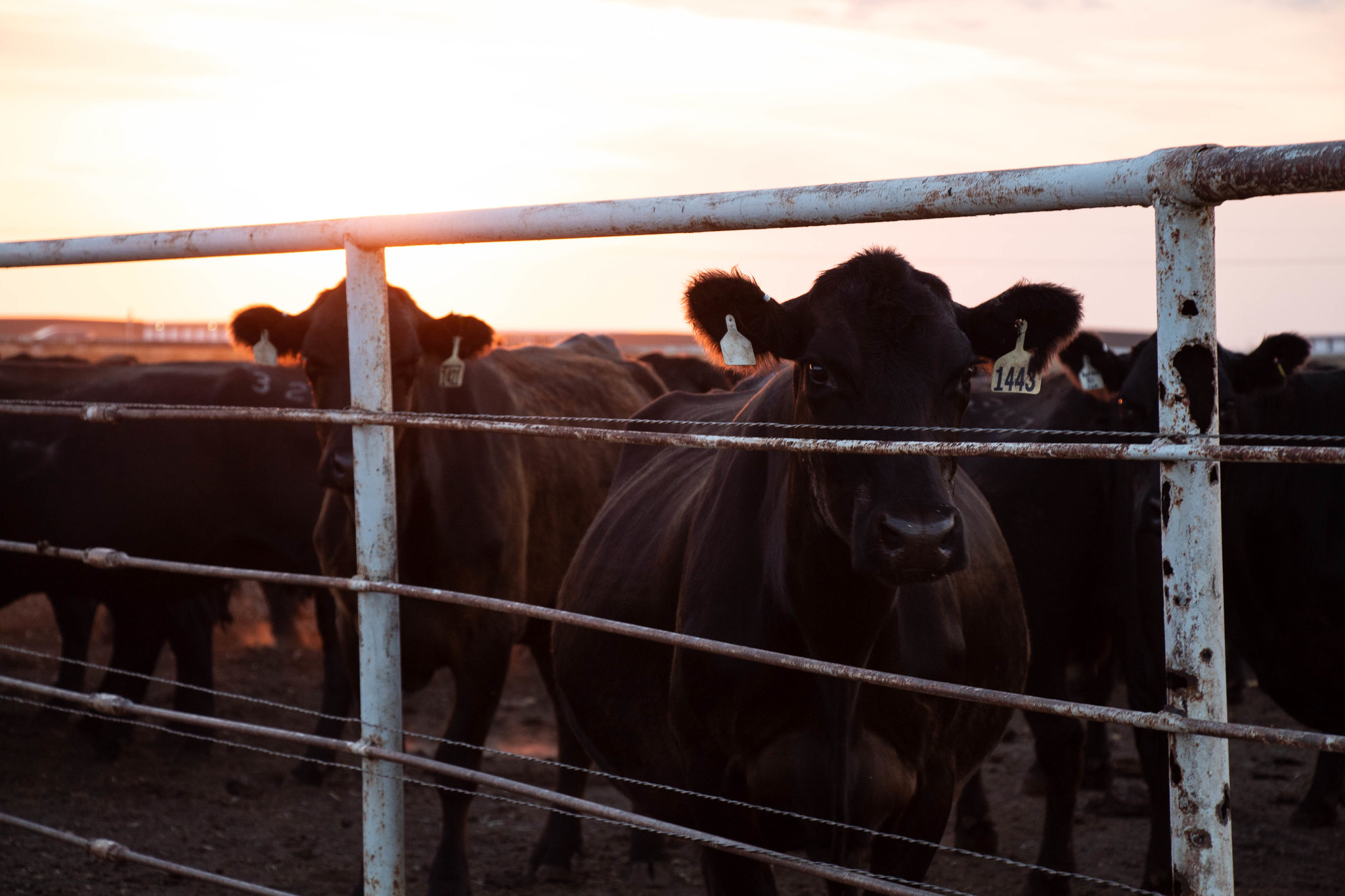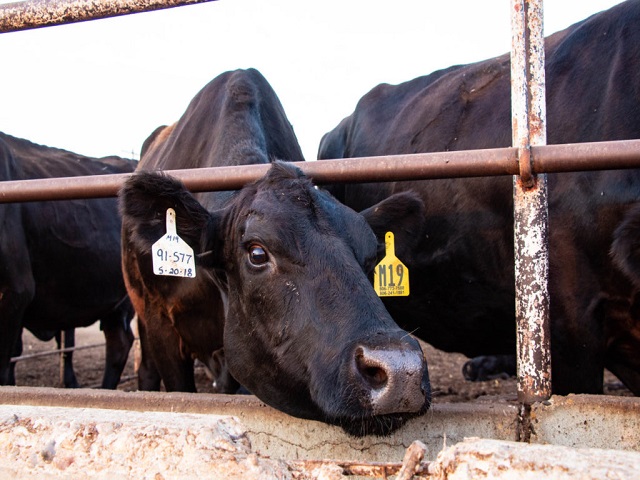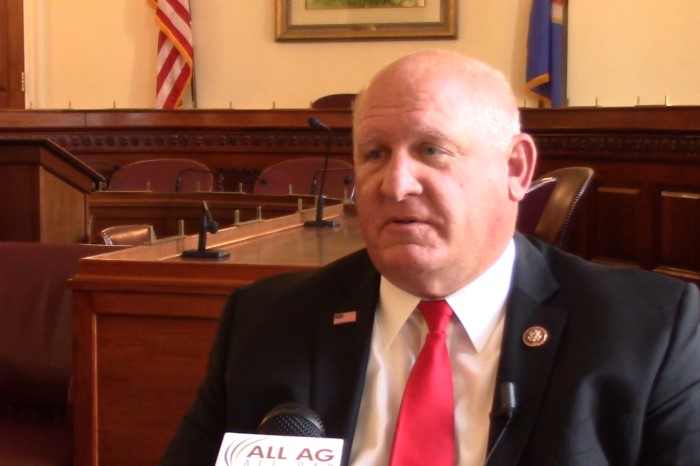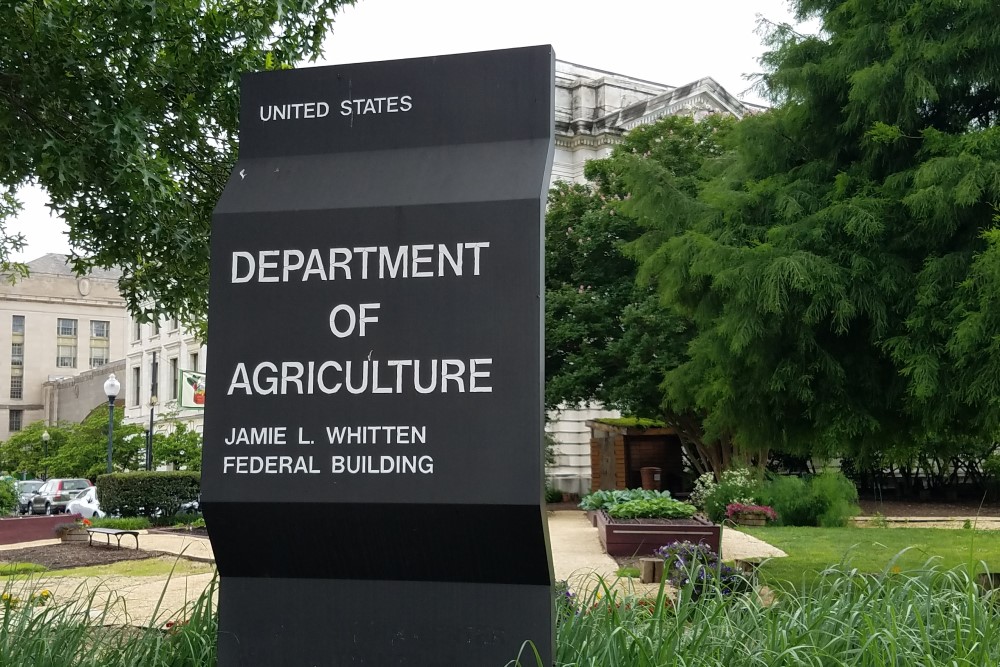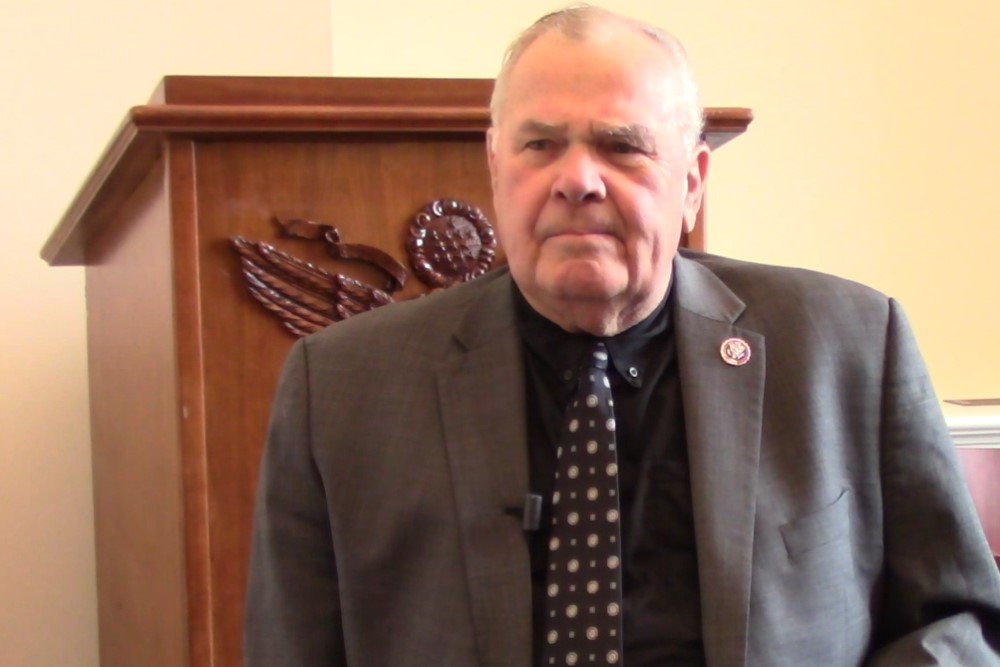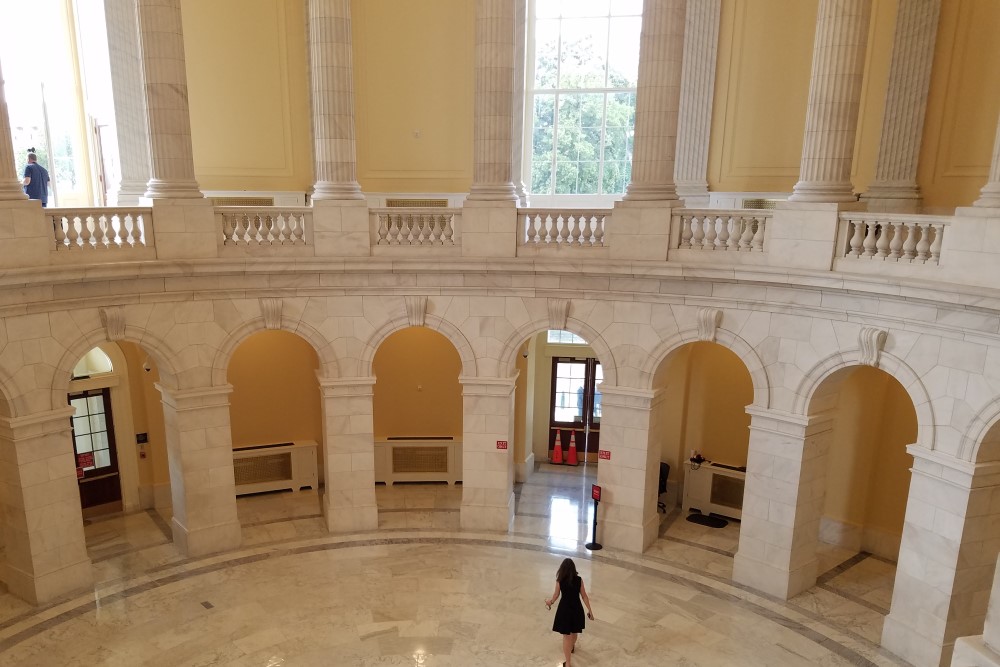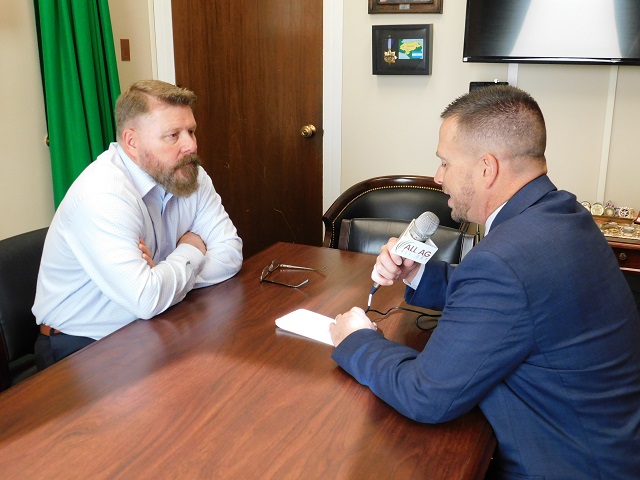Senate Finance Committee Considering Normalized Trade With Cuba
WASHINGTON, DC – The excitement fueled by then-President Barack Obama’s decision to renew normal relations with Cuba back in 2016, was watered down by President Donald Trump’s decision to reinstate travel and business restrictions just one year later. Now with Democrats in control of Congress and the White House, there’s renewed optimism that normal trade relations with the island nation are near.
Senate Finance Committee Chairman Ron Wyden (OR-D) introduced the U.S.-Cuba Trade Act of 2021 earlier this month in an effort to repeal the major statutes that codify sanctions against Cuba, including the Helms-Burton Act (signed by President Bill Clinton in 1996) and the Cuban Democracy Act (signed by President George H.W. Bush in 1992), as well as other provisions that affect trade, investment, and travel with Cuba. Over the past three years, however, traditional supporters for opening up trade with Cuba have expressed second thoughts.
Rep. Rick Crawford, a one-time staunch supporter, said in a 2019 interview that as long as Cuban President Miguel Díaz-Canel continues to align his country with Nicolás Maduro in Venezuela, the idea of reopening Cuba will be difficult. In 2019, Juan Guaidó staked his claim as President of Venezuela and has been recognized as the leader by the United States and all but a handful of countries (China, Cuba, Iran, Russia, and Turkey). Maduro, the former President, continues to serve despite the fact that the country’s economy went into freefall, leading to five million Venezuelans leaving in one of the largest forced displacements in the western hemisphere.
“Whether we agree with that or not (Díaz-Canel’s support for Maduro) is neither here nor there” Crawford explained citing the Cuban President’s prerogative to say what he wants. Allowing the situation to unfold however would have given the U.S. more room to “maneuver a lot more efficiently and effectively”.
A spokesman for the Biden Administration says the new President does not recognize Maduro as the legitimate leader in Venezuela, which may again continue to affect any future relationship with Cuba.
(SOURCE: All Ag News)



